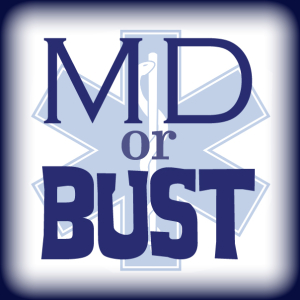Crow’s Feet
There was an elderly man suffering from late-stage Parkinson’s dementia. There was a patient with schizophrenia experiencing a COPD exacerbation. Then, there was Mrs. G, who was admitted for immune thrombocytopenia. She was a retired teacher who spent her time volunteering at her church and caring for family members.


